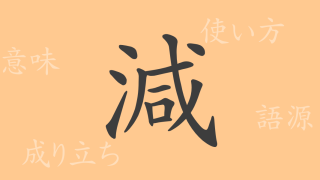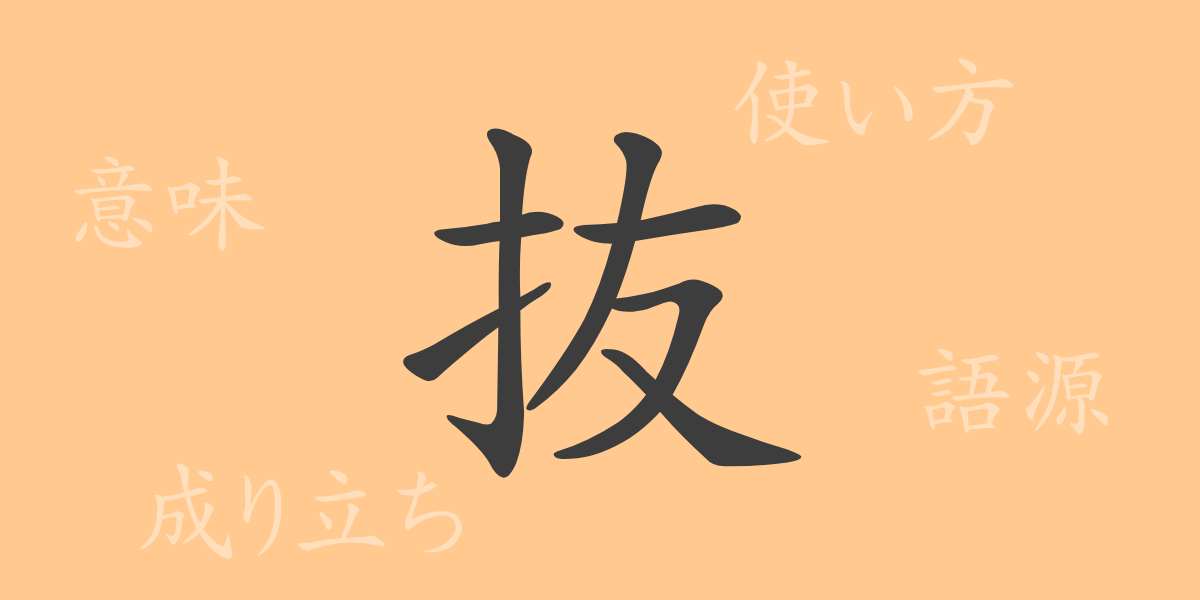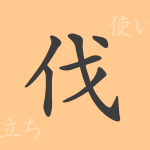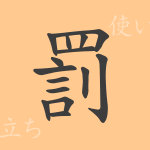The Japanese language is rich in kanji, each with its own unique history and meaning. This article shines a spotlight on the commonly used kanji “抜” (ぬく, nuku), delving into its profound world. From the powerful meanings it holds to its role in Japanese culture, we will uncover various aspects of “抜”.
Origins of 抜 (ぬく, nuku)
The kanji “抜” originates from ancient China and depicts the act of pulling something out. Initially representing the act of pulling out weeds, it developed into a character used in various abstract meanings. The visual representation of the kanji captures the motion and energy involved, making it an expressive character.
Meaning and Usage of 抜 (ぬく, nuku)
“抜” encompasses meanings such as “to pull out,” “to remove,” and “to stand out.” It’s used in verbs like “抜ける” (ぬける, nukeru, to come out), “抜かす” (ぬかす, nukasu, to omit), and adjectives or adverbs like “抜群” (ばつぐん, batsugun, outstanding) and “抜本的” (ばっぽんてき, bapponenteki, radical). These uses play a crucial role in Japanese contexts, enriching expressions in text and conversations.
Readings, Stroke Count, and Radical of 抜 (ぬく, nuku)
The kanji “抜” is distinctive in its structure and readings within the Japanese writing system.
- Readings: Onyomi (Sino-Japanese reading) “バツ” (batsu), “ハツ” (hatsu); Kunyomi (native Japanese reading) “ぬ.く” (nuku), “ぬ.ける” (nukeru), “ぬ.かす” (nukasu), “ぬ.かる” (nukaru).
- Stroke count: 7 strokes.
- Radical: Hand (手へん, tehen).
Phrases and Proverbs Using 抜 (ぬく, nuku) and Their Meanings
There are many idioms and proverbs that include “抜”, which enrich the Japanese language. For example, “抜群” (ばつぐん, batsugun) means being exceptionally good; “抜本的” (ばっぽんてき, bapponenteki) refers to making fundamental changes. The phrase “一本抜かす” (いっぽんぬかす, ippon nukasu) describes outsmarting someone with a clever trick, while “目を抜く” (めをぬく, me wo nuku) translates to being extremely surprised. These expressions are vital tools for expressing the thoughts and emotions of the Japanese people.
Conclusion on 抜 (ぬく, nuku)
Exploring the meanings and history embedded in a single kanji character is a journey into the depths of the Japanese language. The kanji “抜”, with its versatile applications, plays an indispensable role in Japanese communication. Through this article, we hope you have felt the power of “抜” and discovered the richness of the world of words, enhancing your enjoyment and appreciation of the Japanese language.

























